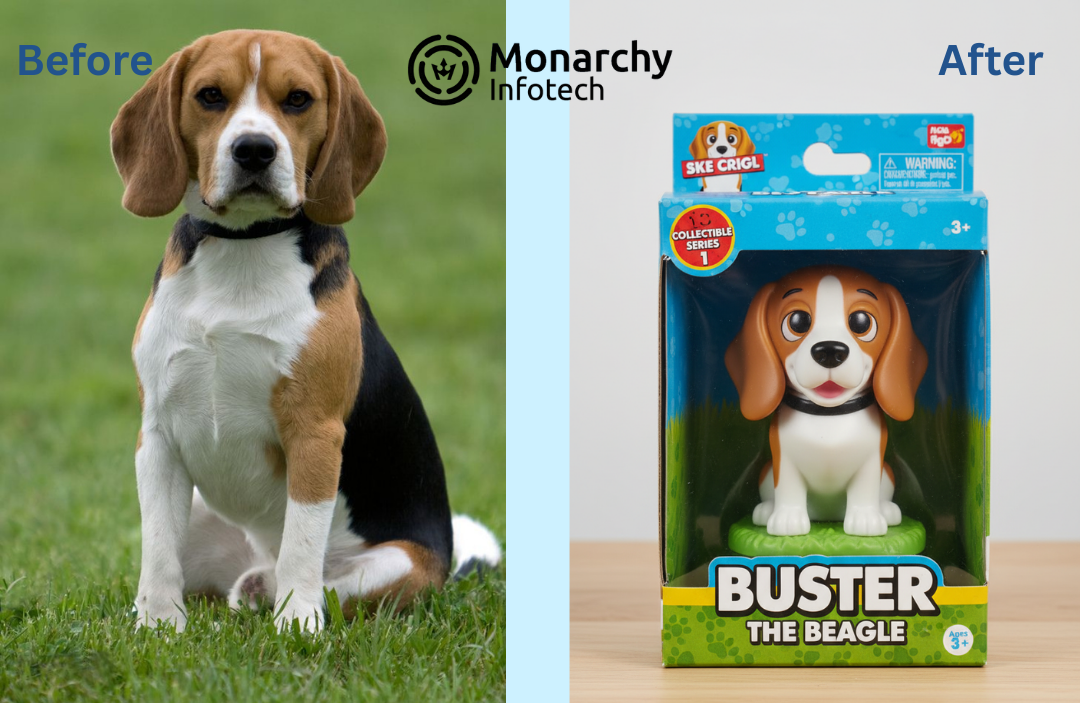Mobile app marketing is not simply advertising an app — it's about getting in front of the right users, influencing them in the right way, and keeping them coming back for long-term profitability. This blog outlines what mobile app marketing is, why businesses need it, and the most effective strategies that companies can implement in 2025 to drive downloads, user engagement, and revenue.

What is Mobile App Marketing? A Complete Guide for 2025
What is Mobile App Marketing? A Complete Guide for 2025
Introduction
With more than 6.5 million apps on Google Play and the Apple App Store, becoming successful in the competitive mobile app ecosystem is no walk in the park. Creating a wonderful app is only the beginning — the real challenge is marketing it, acquiring users, and retaining them. And that's where mobile app marketing comes into play.
In this guide, we will clarify what mobile app marketing is, why it matters in 2025, and the methods you may employ in order to increase downloads, enhance engagement, and optimize revenue.
What is Mobile App Marketing?
Mobile app marketing refers to the process of developing strategies for promoting a mobile app, acquiring new customers, having them engage successfully, and maintaining them in the long term.
It's not about driving downloads — it's about creating long-term connections with users, maximizing lifetime value (LTV), and having your app stay top of mind in a sea of competition.
Mobile App Marketing Channels
Conclusion
Why Does Mobile App Marketing Matter in 2025?
- Fierce competition – Millions of apps battle for visibility, and marketing becomes crucial.
- Evolution of user behavior – Users demand personalized, instant, and engaging experiences.
- Retention issues – Research indicates that 71% of users churn within 90 days of download if not used appropriately
- Revenue increase – Apps make billions of global revenue, but only the ones with good marketing strategies thrive.
In simple words, without marketing, even the greatest app can get lost among the app store clutter.
Phases of Mobile App Marketing
1. Pre-Launch Marketing
- Do market research to determine your target audience.
- Create a website or landing page to generate awareness.
- Post teasers and sneak peeks on social media platforms.
- Gather early sign-ups to create buzz.
2. User Acquisition
- App Store Optimization (ASO): Prepare your app title, description, keywords, and visuals for increased rankings.
- Paid Advertising: Show target ads on Google, Meta, TikTok, and YouTube.
- Influencer Marketing: Partner with niche influencers to promote your app.
- Content Marketing: Release blogs, videos, and tutorials to establish authority.
3. Engagement & Retention
- Utilize push notifications and in-app messages for timely messaging.
- Provide personalized experiences driven by user behavior.
- Execute loyalty programs, gamification, or referral rewards.
- Keep users interested with regular updates and new features.
4. Monetization & Growth
- Select the correct model: in-app purchases, subscriptions, or ads.
- Utilize analytics tools to measure user behavior and optimize campaigns.
- Grow globally by localizing your app for multiple markets.
Mobile App Marketing Channels
- App Store Optimization (ASO)
- Social Media Marketing (Instagram Reels, TikTok, LinkedIn, Twitter/X)
- Influencer & Affiliate Marketing
- Paid Ads (Google UAC, Meta Ads, TikTok Ads)
- Content Marketing (blogs, videos, podcasts)
- Email & Push Notifications
- Community Marketing (Reddit, Discord, niche forums)
Newest Mobile App Marketing Trends of 2025
- AI-powered personalization – AI personalizes experiences based on behavior.
- Voice search optimization – With the availability of smart assistants, voice queries are on the increase.
- Video-first marketing – Short-form video is leading engagement.
- AR/VR experiences – Immersive aspects drive app adoption.
- Word-of-mouth growth – Customers rely on online community recommendations over advertising.
Best Practices for Achieving Mobile App Marketing Success
- User experience (UX) should be prioritized – a good app sells itself.
- Use data and analytics to make decisions.
- Maintain consistency in branding and messaging across platforms.
- Reviews and ratings should be encouraged to drive credibility.
- Test and optimize campaigns continually.




